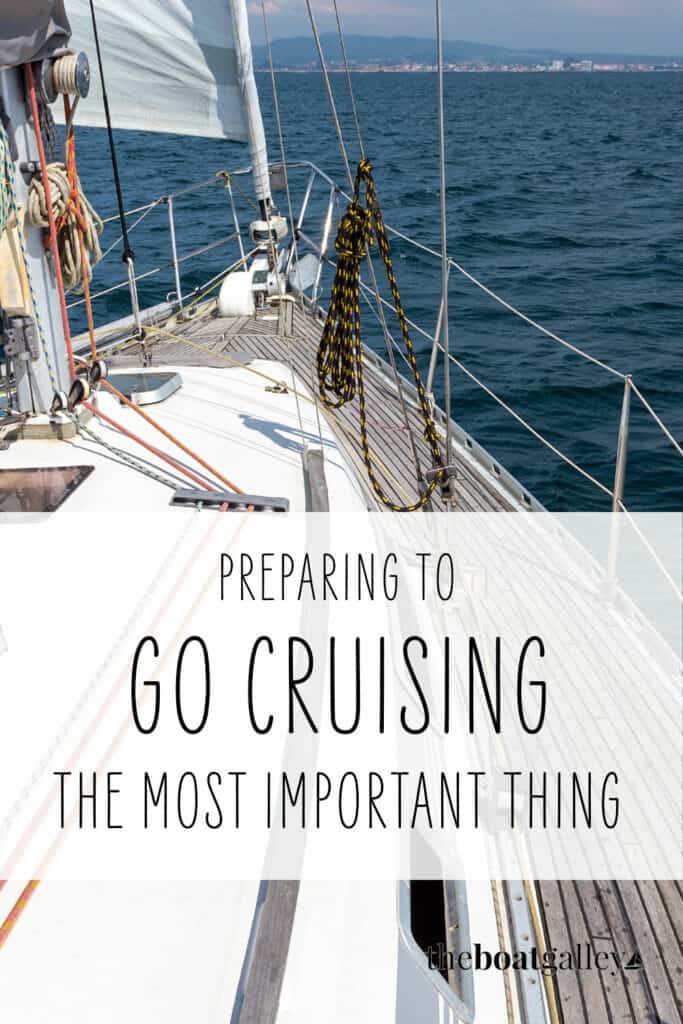
What’s one of the biggest things you can do to prepare to cruise?? Get out on the water.
Taking classes is a great start, but you need to spend time out on the water to develop a feel for assessing situations and reacting to them.
Case in point: our 50-mile trip this past Sunday. Halfway into it, The “isolated” squalls became numerous and a waterspout formed just behind us – when we were less than a mile from entering a shallow, winding channel. But we knew where safe water lay and quickly changed course to let the waterspout pass.
A class can tell you it’s important to know where safe water is, and that you should have a bail-out plan. But until you need one (and maybe don’t have one), it doesn’t become part of what you instinctively do.
Later, coming out of a second shallow cut, our engine sputtered and quit. The sails were down, but again we knew where there was safe water and had the genoa unfurled in less than a minute. Just then, another squall decided to hit.
Again, a class can teach you what to do in such circumstances, but having experience in getting sails out quickly is invaluable. So is having dealt with squalls in the past. Both together? First time for us, but knowing both parts of it made it manageable.
In the end, we got into our anchorage ten minutes before sundown and with an engine that wouldn’t run above half throttle. We were never scared. Tired? Yes. Frustrated? Definitely.
But real-world experience helped us. You can’t get experience overnight, and you can’t get it just by taking a class. It takes getting out there and, unfortunately, having to figure things out when problems arise.
In the words of Mark Twain: “Good decisions come from experience. Experience comes from making bad decisions.” We’ve certainly made our share of bad decisions (aka “mistakes”) but always try to learn from them (read more about how we do this).
If you’re on a 3-year or 5-year plan to go cruising – or even a 1-year plan – I strongly suggest getting out on the water as much as you possibly can. If you don’t have your cruising boat yet, or are working on her, get an inexpensive boat to use right now or crew for a local racing boat (racing builds great skills very quickly). The experience you gain will definitely help flatten out that first-year learning curve.
Be sure to subscribe to The Boat Galley newsletter to keep up with what we’re up to and get helpful tips and encouragement from the water.
Wondering how to store everything on your boat? Don’t worry, we’ve got you covered:
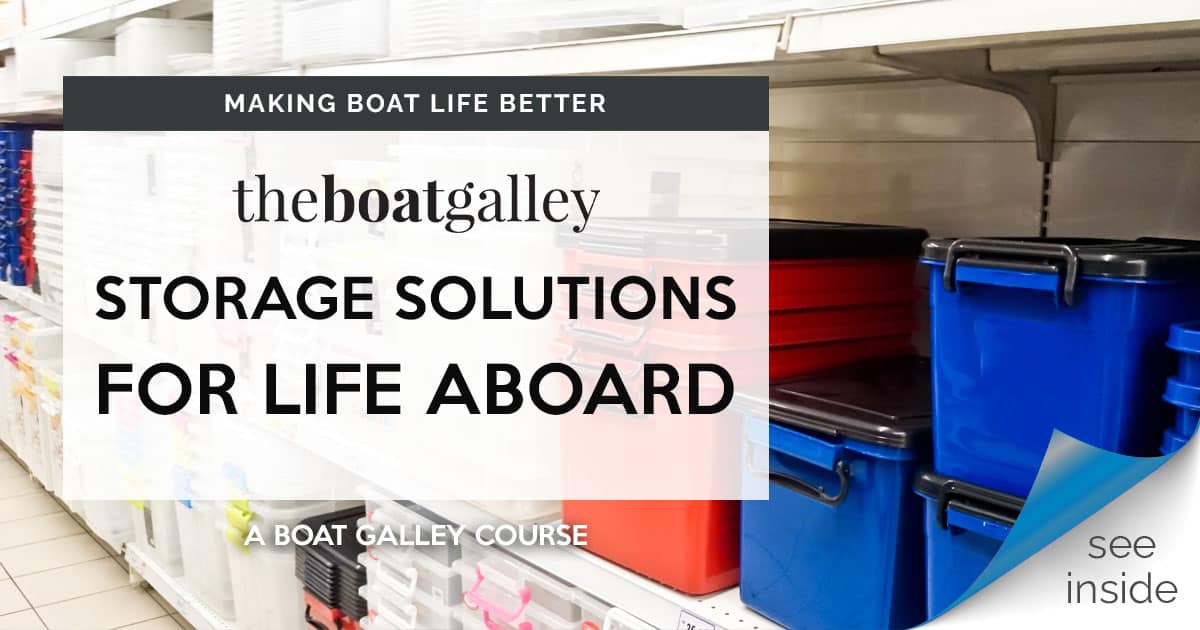


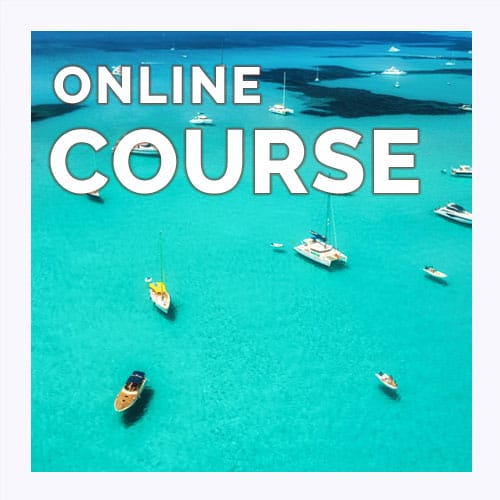


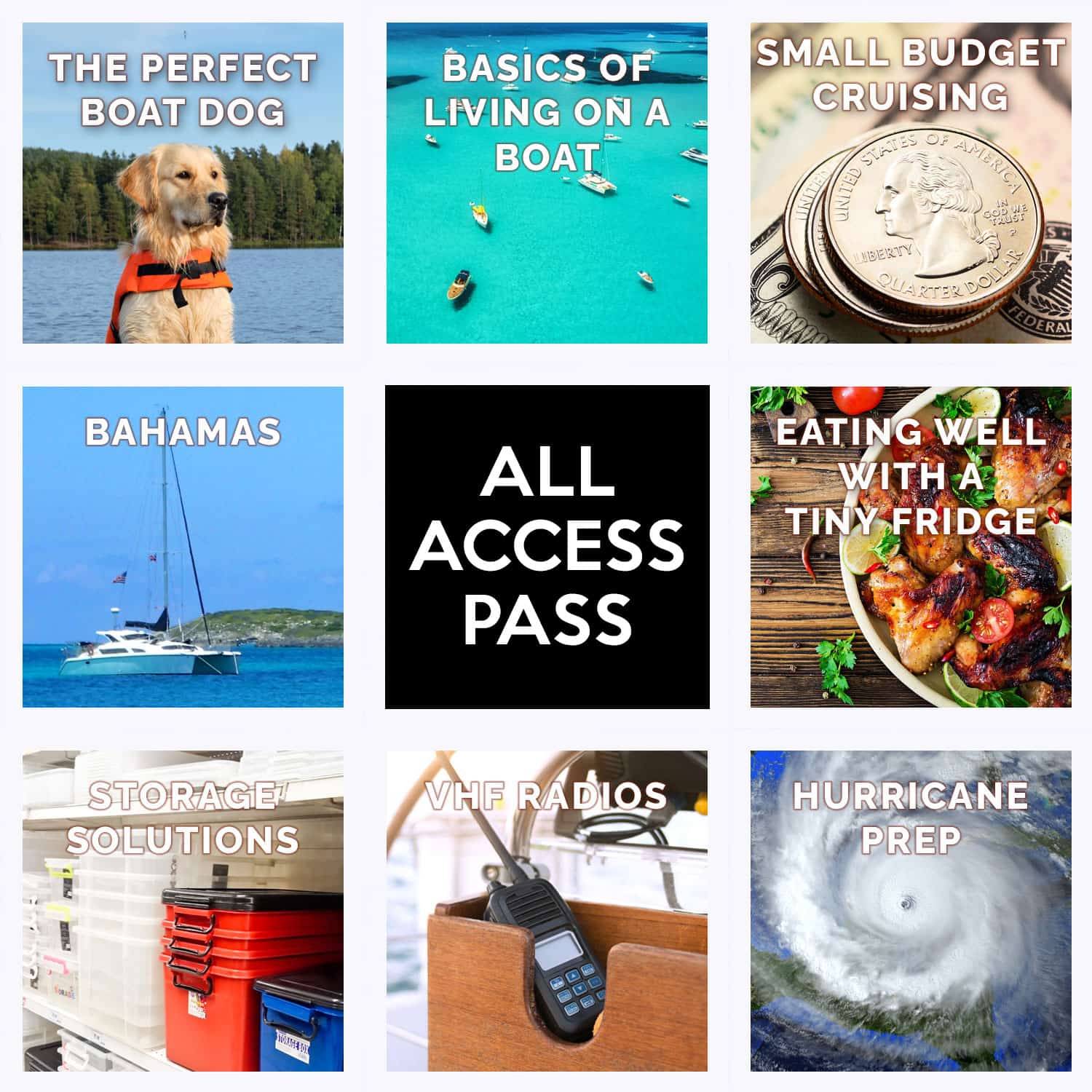
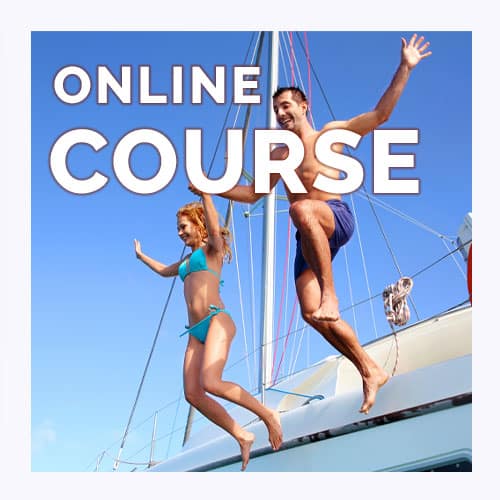
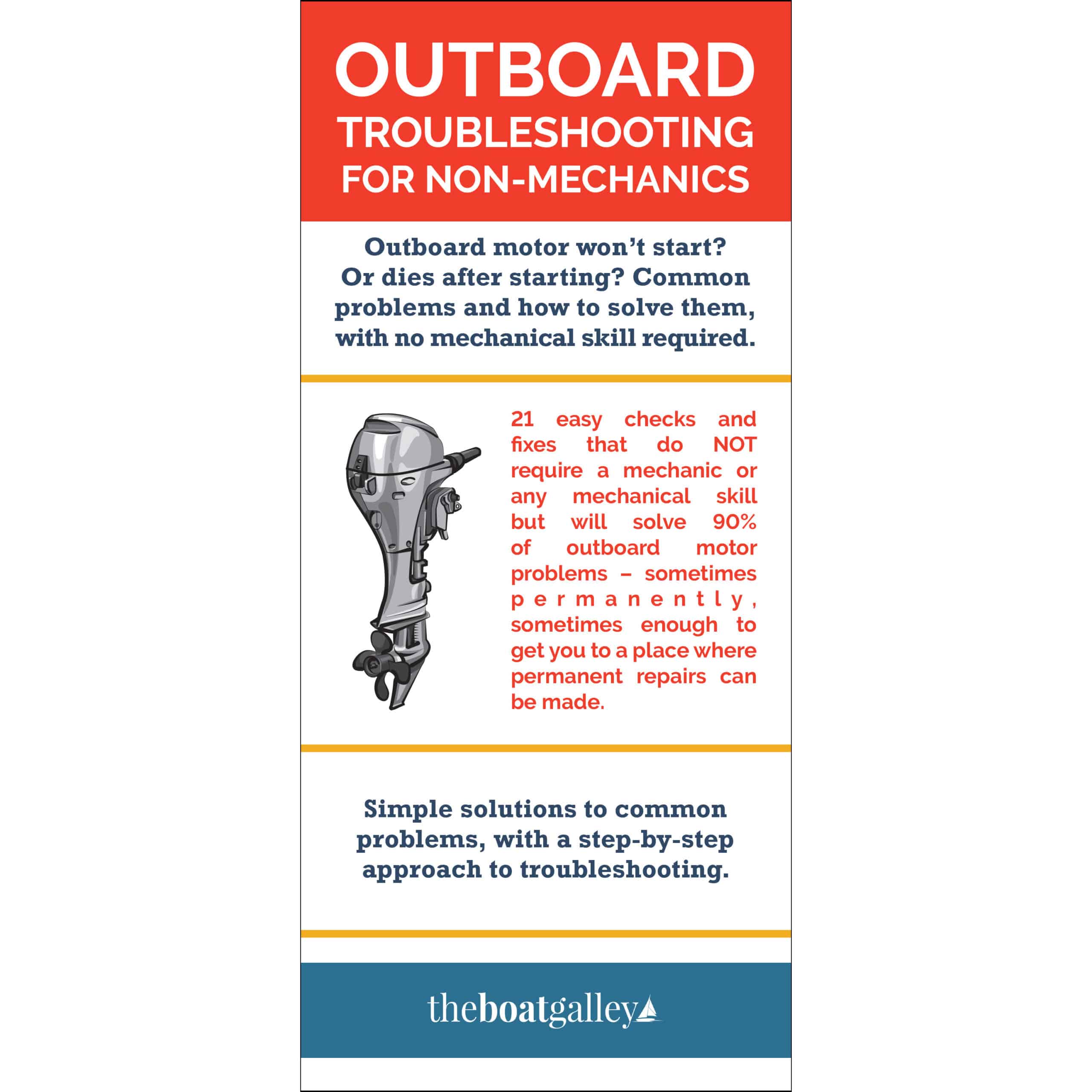
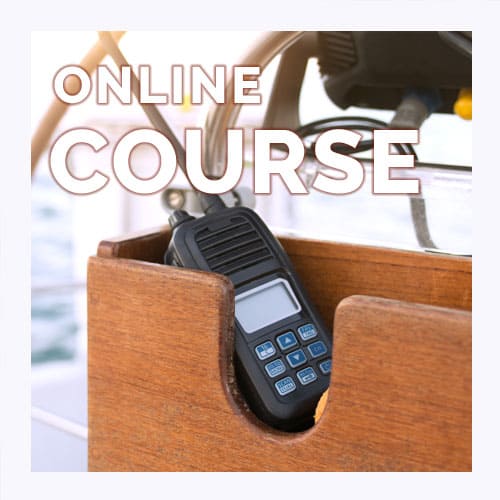

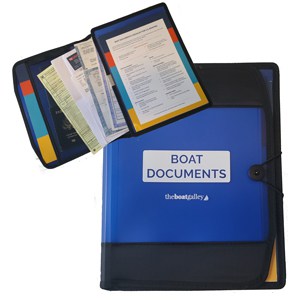
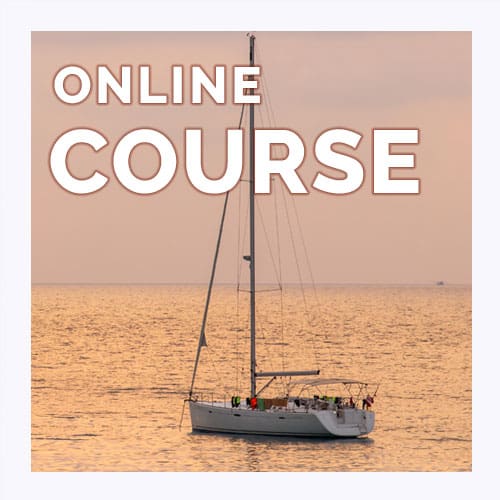

Leave a Reply